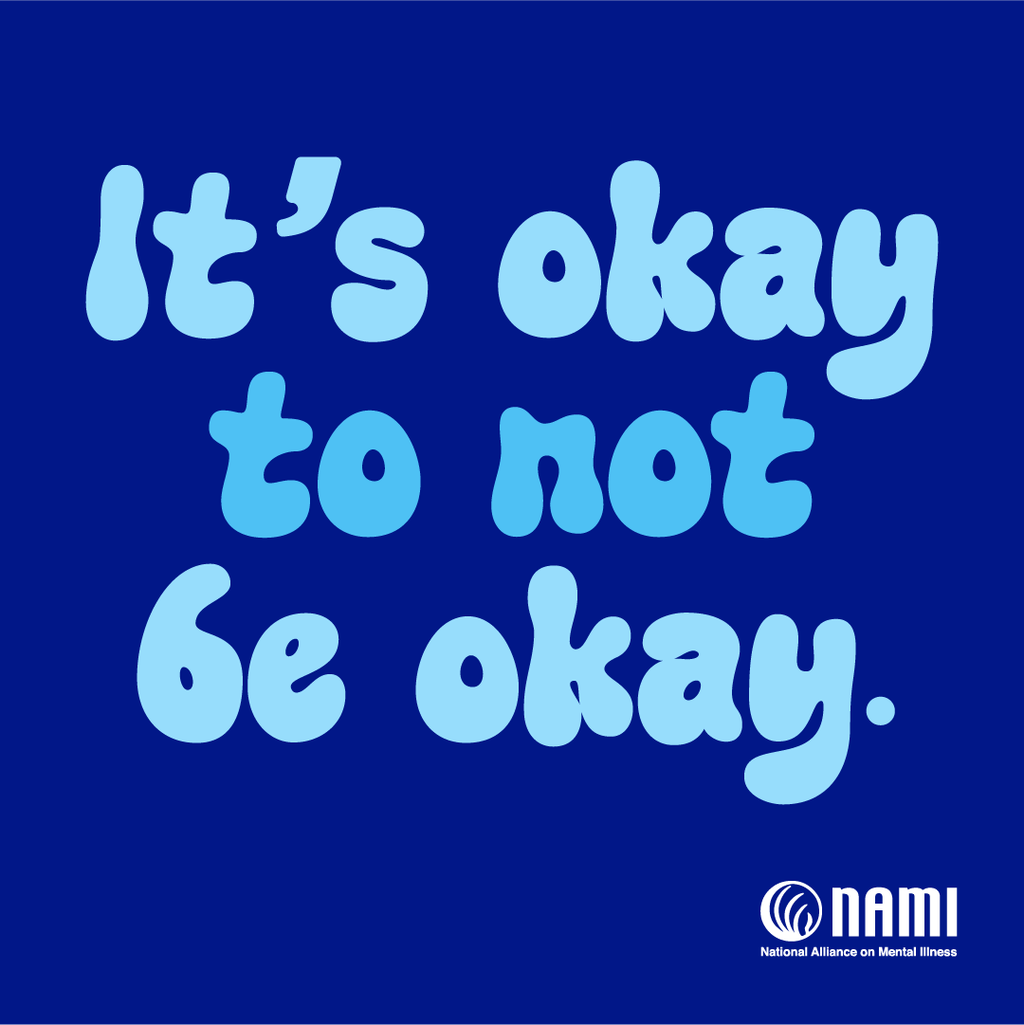It’s May, Mental Health Awareness Month, so just checking in… “How are you doing?”
This is a time to raise awareness about mental health’s impact on a person’s overall well-being. Amid daily life and the ongoing stressors from global events, prioritizing mental health is more crucial than ever. In fact, according to Calm’s 2024 Voice of the Workplace Report, there’s a lot of work to be done: a staggering 69% of survey respondents said their mental health stayed the same or got worse in the past year. Mental health challenges, including anxiety and trouble sleeping, are not only affecting personal lives but are also impacting performance in the workplace for 60% of workers.
 As we recognize Mental Health Awareness Month, let us remember that mental health conditions can affect anyone, regardless of gender, age, race, ethnicity, or income level. The more we foster open dialogues and cultivate empathy, the more we pave the way for a healthier, more understanding community. Together, we can combat the stigma associated with mental health care, empowering everyone to seek the help they need without shame or guilt.
As we recognize Mental Health Awareness Month, let us remember that mental health conditions can affect anyone, regardless of gender, age, race, ethnicity, or income level. The more we foster open dialogues and cultivate empathy, the more we pave the way for a healthier, more understanding community. Together, we can combat the stigma associated with mental health care, empowering everyone to seek the help they need without shame or guilt.
Numerous organizations dedicated to mental health awareness and services will participate in Mental Health Awareness Month. For example, the National Alliance on Mental Illness (NAMI) has prepared a “Take the Moment” campaign to encourage empathy, understanding, and open conversations surrounding mental health.
According to NAMI, one in five adults experience mental illness each year and only have of them receive treatment. The average delay between the onset of mental illness symptoms and treatment is 11 years.
Building a sustainable toolbox for mental wellness is not just about addressing severe challenges but also about strengthening our mental fitness daily—both in our personal lives and at work.
Here are some actionable steps you can take:
- Acknowledging the need for mental health care is the first stride toward improved well-being. Whether booking a therapy session, joining a support group, or simply talking to a friend about your feelings, every small step is a leap toward better mental health.
- Simple, daily practices like mindfulness exercises, regular physical activity, and maintaining a gratitude journal can significantly enhance your mental resilience. Establish a routine that is easy to follow yet effective in keeping stress at bay.
- In the workplace and beyond, you can be an advocate by being open about your own experiences and supporting others in their journey. Promote an inclusive culture where conversations are normalized and encouraged.
- Encourage your organization to implement equitable programs accessible to all employees. This includes providing resources, training sessions, and time off for mental health care. This toolkit from the Center for Workplace Mental Health provides tips and resources for supporting mental health and well-being at work.
It is clear that the journey toward mental wellness is both urgent and ongoing. The statistics are more than numbers; they are a reminder of the human struggles behind them. Whether it’s through advocating for comprehensive mental health policies, engaging in personal well-being practices, or simply lending an ear to someone in need, our actions can ignite significant change.


